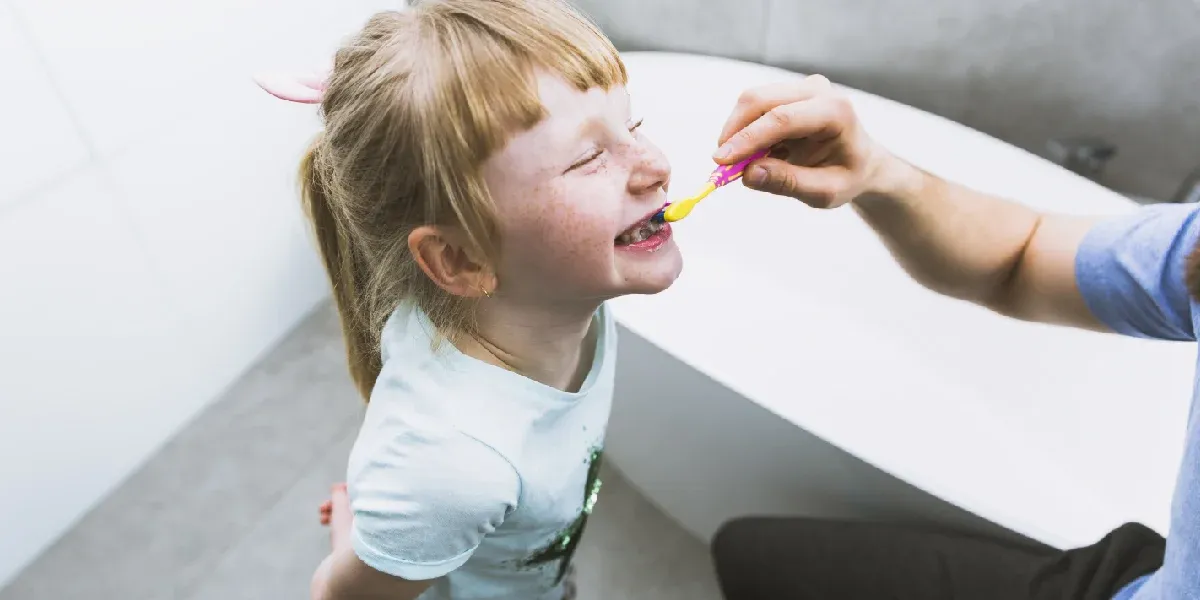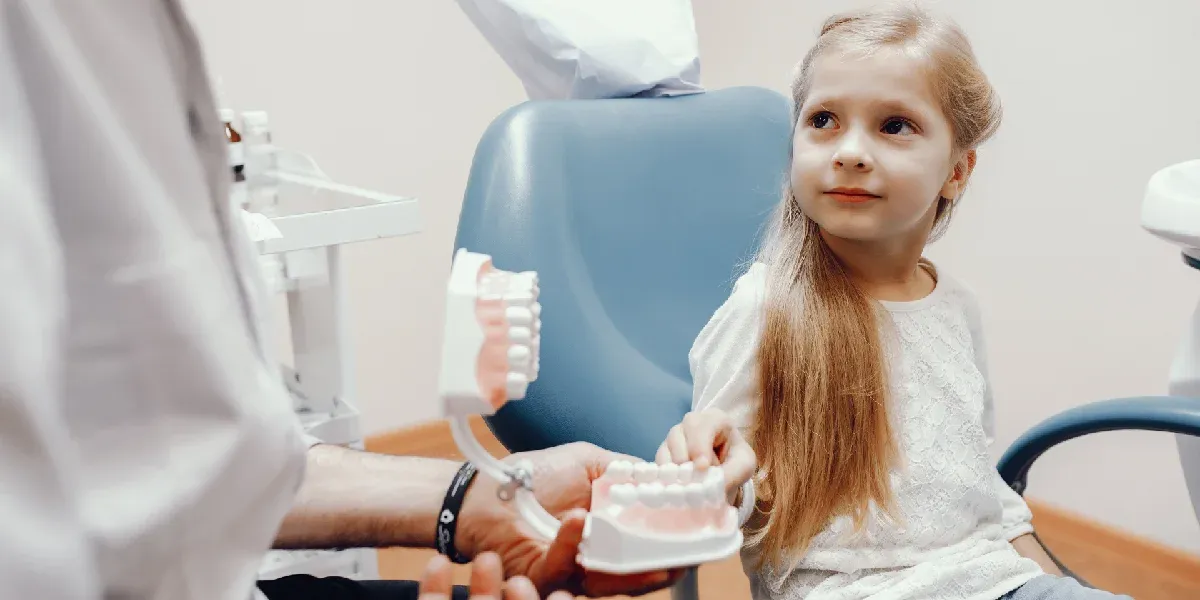
Pros And Cons of Dental Sealants for Kids
Cavity formation is one of the most common oral health problems that both kids and adults have to face. The Centers for Disease Control and Prevention (CDC) points out that children aged between 2-19 have one or more cavities, whether treated or untreated. Younger children are more prone to develop cavities early in their life. It could be due to a variety of factors, for instance, eating sugary or acidic foods or having a still-forming brushing technique.
Dental sealants are particularly popular in pediatric dentistry. They provide immediate protection to children’s teeth and reduce the risk of cavities or tooth decay. Dental sealants can be a valuable part of your child’s oral health; because the benefits of dental sealants significantly outweigh the risks. Continue reading to know the pros and cons of dental sealants so that you can make an informed decision about your child’s dental care.
Pros:
Reduce the effect of cavities

Dental sealants help in cavity reduction. These thin coatings are mainly for the child’s back teeth, known as molars. It quickly bonds into the grooves and teeth depressions and forms a protective shield against cavity formation.
Durable and long-lasting
Dental sealants are long-lasting and have good durability. They can stay on the child’s teeth for years with the same efficiency. However, at times, they need to be reapplied for maximum benefits.
Painless and straightforward procedure.
Dental paranoia haunts many children, resulting in genuine anxiety before and during dental visits. Dental sealants are a preventive treatment that offers a painless experience. It is quick and requires just a few minutes to complete the process.
Seal up holes
Dental sealants efficiently seal up holes formed in the child’s teeth. They protect against bacteria that can otherwise impact the teeth and later develop infections.
Safe for kids
Dental sealants are safe for kids, and there is no harm in applying them. They are also economical and cost less than fillings.
Cons:

Ineffective in case of dental decay
Dental sealants become ineffective in case of existing cavities in the child’s teeth. In such circumstances, a root canal procedure is a suitable treatment.
These sealants also become ineffective if the child is fond of brushing his teeth thoroughly. As a result, this minimizes the durability of dental sealants.
Contain a minute amount of BPA
Dental sealants do not contain BPA directly; however, some compounds can turn into BPA when contacted with saliva. Exposure to BPA can affect the brain or prostate gland of fetuses in both children and infants. Therefore, one needs to take extreme care during application.
The best way to reduce such risk is to scrub and rinse the sealants after their application carefully.
Not life-lasting
Dental sealants can last for quite long; however, they are not life lasting and might require reapplication.
Concluding Thoughts
Dental sealants have proven to be of great use. It helps prevent 80% of cavities in molars in the first two years. Whereas, after 4 years, it still gives 50% protection. If your child eats candies and wafers and you worry about their effects on your child’s teeth, be ready for a dental visit. The dentist recommends dental sealants to protect your child’s oral health.
Contact your kids’ dentist in Stockton, Sajjad Rizvi D.D.S. at Happy Kids Dental, to learn more about the Pros and Cons of dental sealants.
Resource:
This media/content or any other on this website does not prescribe, recommend, or prevent any treatment or procedure. Therefore, we highly recommend that you get the advice of a qualified dentist or other medical practitioners regarding your specific dental condition
Subscribe To Our Newsletter
Get Updates And Learn From The Best


